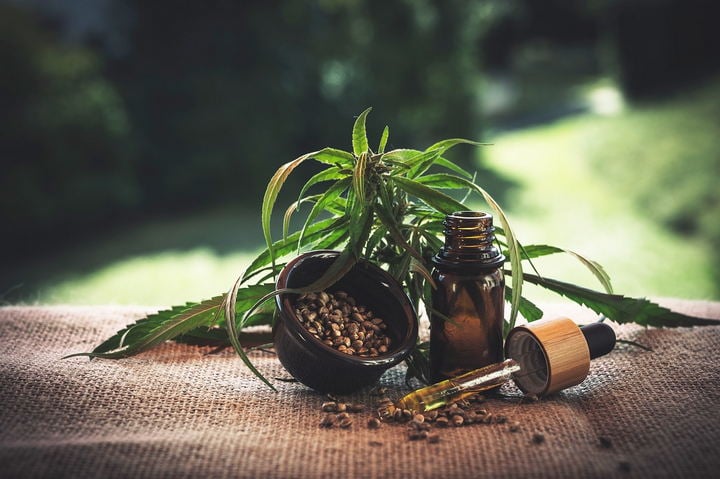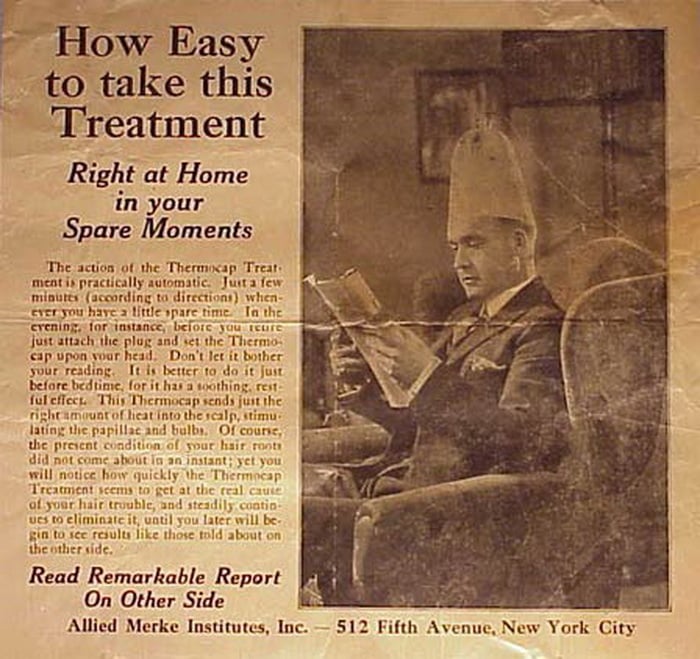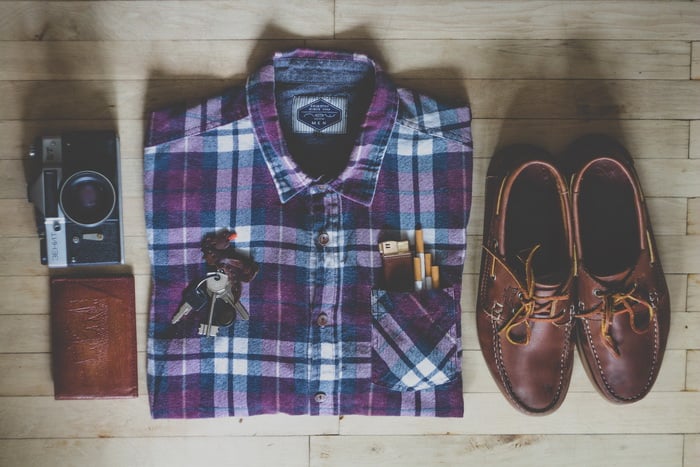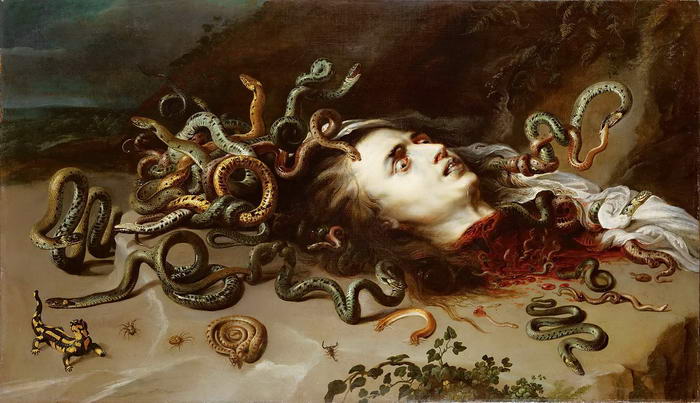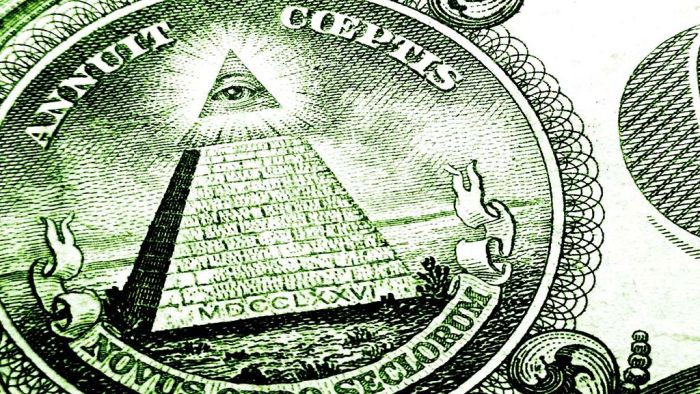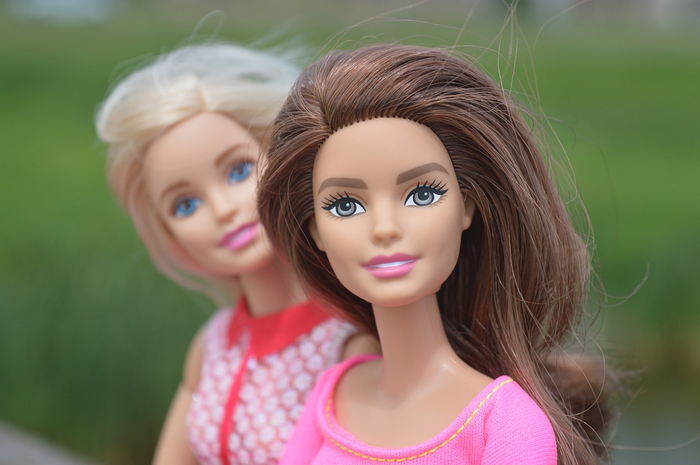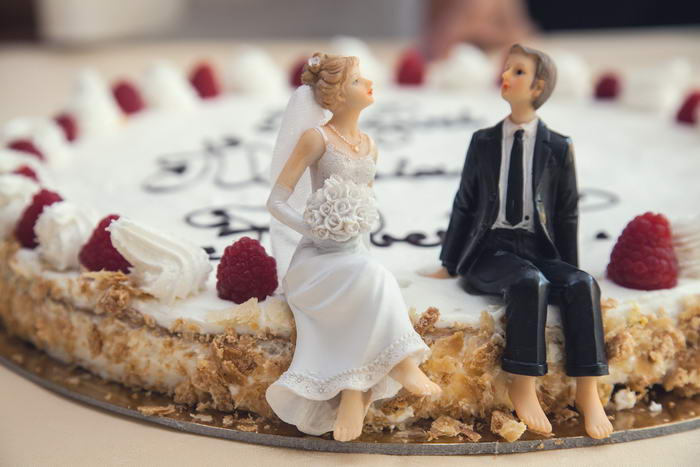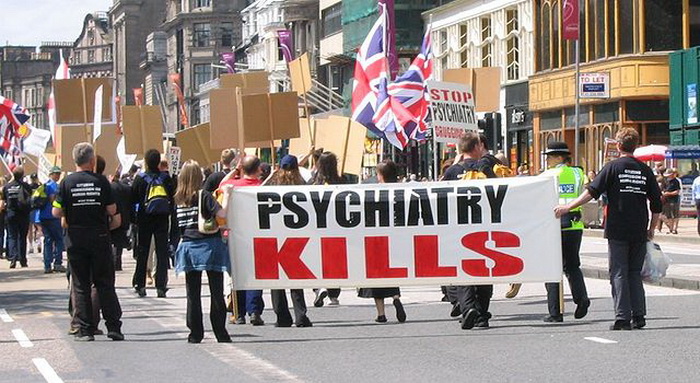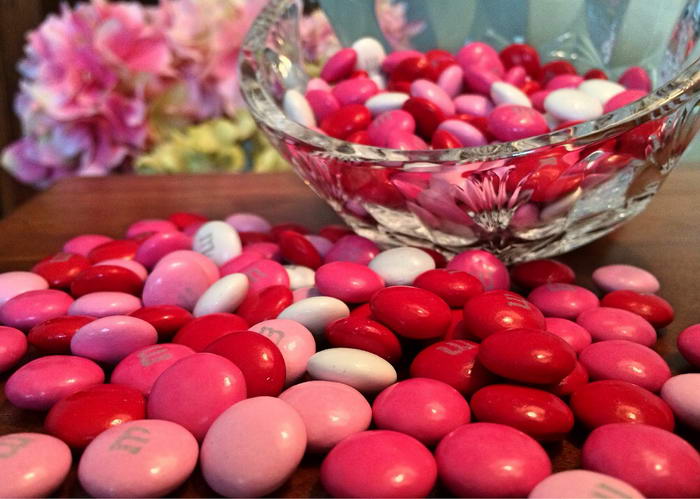Have you ever felt overwhelmed by the barrage of hair care advice from friends, social media, and even well-meaning family members? You’re not alone. The world of hair products is rife with myths that have been passed down through generations and spread across the internet like wildfire. These myths can be more than just misleading—they can actually damage your hair if you take them to heart. Understanding the truth behind these myths is essential for maintaining healthy, beautiful hair.
So, why do these myths persist? It’s simple. They sound convincing. After all, when your grandma swears by brushing her hair 100 times a day or your favorite beauty influencer claims that cold water rinses will give you shinier locks, it’s easy to believe them. But here’s the kicker: many of these widely held beliefs are simply not true. They can lead you down a path of unnecessary rituals, wasted money, and damaged hair.
Understanding these truths can save you time, money, and frustration. By debunking these myths, you can focus on what really works for your hair and achieve the healthy, beautiful locks you’ve always wanted. Stay tuned as we dive deeper into each of these myths and provide you with the facts you need to know.
Myth 10: You Should Brush Your Hair 100 Times a Day
Brushing your hair 100 times a day sounds like a simple way to achieve luscious locks, but this myth does more harm than good. Over-brushing can lead to significant hair damage. Each stroke puts stress on your hair, causing breakage and split ends, especially if you’re using the wrong type of brush or applying too much force. The friction from constant brushing can also strip away the natural oils that keep your hair healthy and shiny, leaving it dry and brittle.
Gentle brushing, on the other hand, has its benefits. Using a natural bristle brush helps distribute your scalp’s natural oils from root to tip, adding a natural shine to your hair. It’s also a good way to stimulate the scalp, promoting blood flow and potentially encouraging hair growth. But remember, moderation is key. A few strokes to detangle your hair and smooth it out is all you need. Overdoing it will only lead to unnecessary damage.
Myth 9: Switch Shampoos Frequently to Maintain Effectiveness
Many people believe that their hair gets used to a shampoo over time, rendering it less effective. This myth leads to a cabinet full of half-used shampoo bottles and confusion about what actually works. The truth is, if you find a shampoo that works well for your hair, stick with it. Your hair does not develop an immunity to hair care products.
Switching shampoos frequently can actually cause more harm than good. It takes time for your hair to adjust to new products, and constantly changing can lead to issues like scalp irritation and dryness. Consistency is key. If you’re dealing with specific hair concerns, look for products formulated to address those needs and give them time to work. Consistency with a high-quality shampoo suited to your hair type will yield the best results.
Myth 8: Cold Water Rinses Make Hair Shinier
The idea that rinsing your hair with cold water will make it shinier has been around for ages. While cold water can help to close the hair cuticle, the effect on shine is minimal. The temperature of the water you use to rinse your hair is less important than the products you use and your overall hair care routine.
For truly shiny hair, focus on using a good conditioner and regular deep conditioning treatments. These products help to smooth the hair cuticle, making your hair appear shinier and healthier. Additionally, avoid over-washing your hair, as this can strip away the natural oils that contribute to its shine. By maintaining a consistent hair care routine and using the right products, you can achieve that coveted shine without the discomfort of cold water rinses.

Myth 7: Dandruff is Caused by a Dry Scalp
Contrary to popular belief, dandruff is not caused by a dry scalp. In fact, dandruff is often the result of an oily scalp. The flakes associated with dandruff are caused by a type of yeast called Malassezia, which thrives in oily environments. Managing dandruff involves controlling the oil production on your scalp, not adding more moisture.
Using the right anti-dandruff shampoos can help keep this condition under control. Look for products containing active ingredients like zinc pyrithione, selenium sulfide, or ketoconazole, which are effective at reducing the yeast population and controlling oil production. Regular use of these shampoos, combined with a proper hair care routine, can help you manage dandruff and keep your scalp healthy.
Myth 6: Hair Color Significantly Damages Hair
The fear of hair damage often prevents people from coloring their hair, but this myth is largely unfounded with modern hair dye technology. While it’s true that bleach can cause significant damage, modern hair dyes are formulated to be much gentler on your hair. When used correctly, they cause minimal harm and can actually be part of a healthy hair care routine.
Professional application and aftercare are crucial to minimizing damage from hair color. Always follow the advice of a professional stylist and use products designed for color-treated hair to keep your locks looking vibrant and healthy. Regular conditioning treatments and avoiding excessive heat styling can also help maintain the health of your colored hair. By following these tips, you can enjoy the benefits of hair color without compromising on hair health.
Myth 5: Pregnant Women Should Avoid Hair Dye
The belief that pregnant women should steer clear of hair dye is a common concern. While it’s always wise to consult a healthcare provider, the truth is that many hair dyes are safe to use during pregnancy with proper precautions. Modern hair dyes contain lower levels of ammonia and other harsh chemicals, reducing potential risks. Techniques like balayage, where dye doesn’t touch the scalp, are particularly safe. Additionally, opting for semi-permanent dyes, which typically lack harmful chemicals like peroxide and ammonia, can be a safer alternative.
It’s crucial to follow some guidelines to ensure safety. Avoid dyeing your hair during the first trimester when the baby’s organs are developing. Always perform the process in a well-ventilated area to avoid inhaling fumes. Moreover, wearing gloves and following the instructions on the product can minimize any potential risks. By taking these precautions, pregnant women can safely enjoy hair coloring without compromising their health or their baby’s well-being.

Myth 4: You Should Avoid Conditioner if You Have Fine Hair
The idea that people with fine hair should avoid conditioner is a myth that can lead to dry, unhealthy hair. Conditioner is essential for maintaining moisture and protecting your hair from damage, regardless of its texture. Fine hair is more prone to breakage, and skipping conditioner can exacerbate this issue. The key is to choose a lightweight conditioner that won’t weigh your hair down.
Applying conditioner correctly is also important. Focus on the mid-lengths and ends of your hair, where moisture is most needed, and avoid the roots to prevent any potential greasiness. Using a leave-in conditioner or a conditioner formulated for fine hair can provide the necessary hydration without making your hair limp or oily. By incorporating the right conditioner into your hair care routine, you can keep your fine hair healthy and manageable.
Myth 3: Hair Oils Will Make Your Hair Greasy
Hair oils often get a bad reputation for making hair greasy, but the truth is that the right oils can nourish your hair without leaving it oily. Oils like argan, jojoba, and coconut oil are known for their lightweight properties and ability to penetrate the hair shaft, providing essential nutrients and moisture. These oils can actually help balance your scalp’s natural oil production, reducing greasiness in the long run.
To avoid greasy hair, use oils sparingly and apply them correctly. A few drops warmed in your hands and applied to the ends of your hair can make a big difference. Avoid applying oils directly to your scalp unless you’re doing a pre-wash treatment. Regular use of these oils can improve your hair’s texture, strength, and shine, making them a valuable addition to your hair care routine.
Myth 2: You Shouldn’t Wash Your Hair Every Day
The frequency of washing your hair should depend on your hair type and lifestyle, not a one-size-fits-all rule. While daily washing might be necessary for those with oily hair or those who exercise frequently, others with drier hair types may benefit from washing less often. Over-washing can strip your hair of its natural oils, leading to dryness and potential damage.
Finding a balance is key. If you have an oily scalp, you might need to wash your hair more frequently but use a gentle shampoo to avoid irritation. On the other hand, if your hair is dry or curly, washing it less often and using moisturizing products can help maintain its health. Dry shampoo can be a useful tool for extending the time between washes without compromising cleanliness. Tailoring your washing routine to your hair’s specific needs will help keep it looking and feeling its best.

Myth 01: Hair Products Can Repair Split Ends
The idea that hair products can repair split ends is a persistent myth, but the truth is that only trimming can remove them. Split ends occur when the protective outer layer of your hair is damaged, causing the strands to split. While some products can temporarily seal split ends, giving the appearance of healthier hair, they cannot actually repair the damage.
Regular trims are essential for maintaining healthy hair and preventing split ends from traveling up the hair shaft. Using products that strengthen and protect your hair can help minimize the occurrence of split ends. Look for leave-in conditioners, serums, and hair masks that contain ingredients like keratin and protein to fortify your hair. By combining regular trims with a solid hair care routine, you can keep split ends at bay and ensure your hair stays healthy and strong.
Natural Remedies for Healthy Hair
Natural Oils: Benefits of Using Oils Like Coconut, Argan, and Jojoba
Natural oils have long been celebrated for their ability to nourish and protect hair. Coconut oil, for instance, is a powerhouse of nutrients that can deeply penetrate the hair shaft, providing essential moisture and reducing protein loss. This makes it particularly beneficial for preventing breakage and split ends. Coconut oil is also known for its antifungal properties, which can help keep your scalp healthy and free from dandruff.
Argan oil, often referred to as “liquid gold,” is rich in antioxidants, vitamins, and essential fatty acids. It’s especially effective at reducing frizz and adding shine without leaving your hair greasy. Argan oil can also help repair damage caused by heat styling and environmental factors, making it a versatile addition to any hair care routine. Jojoba oil is another excellent choice, closely mimicking the natural oils produced by your scalp. It’s lightweight and non-greasy, making it perfect for moisturizing and conditioning without weighing down your hair.
Diet and Nutrition: Importance of a Balanced Diet for Hair Health
What you eat plays a significant role in the health of your hair. A balanced diet rich in vitamins and minerals is essential for maintaining strong, healthy hair. Protein is a crucial component, as hair is primarily made of keratin, a type of protein. Incorporate protein-rich foods like lean meats, eggs, and legumes into your diet to support hair growth and strength.
Vitamins and minerals like vitamin A, vitamin C, vitamin E, and zinc are also vital. Vitamin A helps in the production of sebum, an oily substance that keeps your scalp moisturized. Vitamin C aids in collagen production, which strengthens hair, while vitamin E improves blood circulation to the scalp. Zinc plays a critical role in hair tissue growth and repair. Including a variety of fruits, vegetables, nuts, and seeds in your diet can ensure you get these essential nutrients.
DIY Hair Masks: Simple Recipes and Their Benefits
Creating your own hair masks at home can be a fun and effective way to pamper your hair. These DIY hair masks are easy to make and can address various hair concerns.
- Avocado and Honey Mask: Mash one ripe avocado and mix it with two tablespoons of honey. Apply to your hair, focusing on the ends. Leave it on for 30 minutes before rinsing. This mask is great for adding moisture and shine.
- Yogurt and Egg Mask: Combine one egg with half a cup of plain yogurt. Apply to your scalp and hair, leave for 20 minutes, then rinse thoroughly. This mask is perfect for strengthening and conditioning your hair.
- Banana and Olive Oil Mask: Blend one banana with two tablespoons of olive oil. Apply to your hair and leave it for 30 minutes before washing it out. This mask helps to nourish and soften your hair.
Lifestyle Tips: How Stress and Sleep Affect Hair Health
Your lifestyle choices can significantly impact your hair health. Stress is a major factor that can lead to hair loss and other hair problems. High stress levels can push hair follicles into a resting phase, leading to increased hair shedding. Incorporating stress management techniques such as yoga, meditation, and regular exercise can help maintain healthy hair.
Adequate sleep is equally important. During sleep, your body repairs and regenerates tissues, including those in your scalp and hair. Poor sleep can disrupt these processes, leading to issues like hair thinning and loss. Aim for 7-9 hours of quality sleep each night to support overall hair health. Creating a bedtime routine, reducing screen time before bed, and maintaining a comfortable sleep environment can improve your sleep quality.
Conclusion
We’ve debunked some of the most believed myths about hair products, shedding light on the truths behind them. From the misconception that over-brushing is beneficial to the myth that hair color significantly damages hair, it’s clear that understanding the science behind hair care is crucial.
Science-based hair care practices are essential for maintaining healthy, beautiful hair. By dispelling these myths, we can focus on what truly works and avoid unnecessary damage. Remember, natural remedies like oils, a balanced diet, and DIY hair masks can enhance your hair care routine without harmful effects.
What myths have you encountered in your hair care journey? Share your experiences and the truths you’ve discovered. Join the conversation and help others navigate the world of hair care with accurate information.




